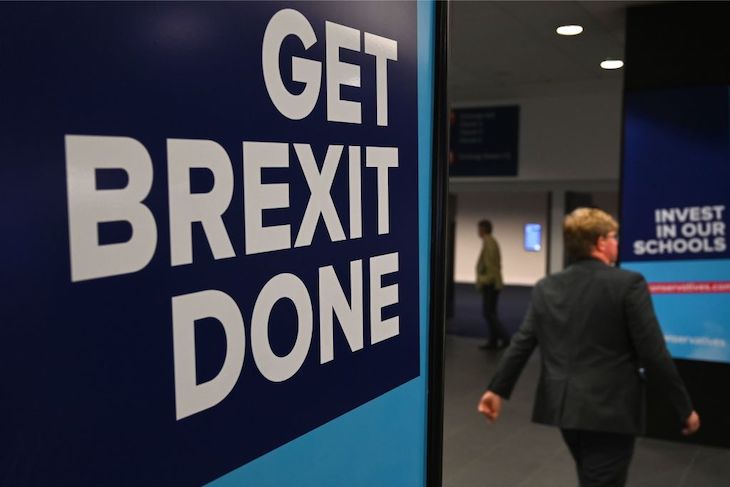As figures in Brussels mull over the Brexit proposal put forward by Boris Johnson, the initial signs are that EU leaders remain sceptical. However, over in the Commons the picture is somewhat rosier. After the government published the letter the Prime Minister had sent to Jean-Claude Juncker, cabinet ministers were quick to take to social media to describe it as a fair compromise – complete with a CCHQ banner highlighting its positives:
This new proposal from @BorisJohnson, is supported by the DUP and a number of Labour and Conservative who previously opposed the previous withdrawal agreement. pic.twitter.com/hHtznTvZur
— James Cleverly🇬🇧 (@JamesCleverly) October 3, 2019
More significant, however, is the number of backbench MPs and Labour MPs who have made positive noises about what’s being proposed. Despite opposition party attacks, some MPs are speaking out in support. The DUP issued a statement agreeing to what has been proposed for Northern Ireland – a significant shift in their position. Gareth Snell and Ruth Smeeth, who both represent Labour areas which voted to leave, have suggested they could back it if Brussels agreed. Stephen Kinnock, who has been leading a cross-party group calling for a deal, has suggested he would support it.
As for those members of the European Research Group who previously refused to vote for the Withdrawal Agreement three times, Steve Baker has tentatively offered some praise. He said: ‘at last we have a Prime Minister putting an FTA as a destination. But we haven’t yet seen that destination set out in full and there are other problems with the WA.’
This is in part down to efforts by No. 10 behind the scenes to try and bring these MPs on side. There’s a view that Brussels will take the offer more seriously if they believe it has a chance of passing the Commons. Not all the MPs mentioned have given a cast iron promise they would vote for it in the Commons. They have, however, show that there is a path to a majority for something along the lines that Johnson has proposed. If Brussels view it as a no-go regardless, this could still be useful to Johnson in an election. If an extension is forced upon him, he could point to this cross-party support as proof he had made a serious offer – and paint Brussels as unreasonable for dismissing it.







Comments